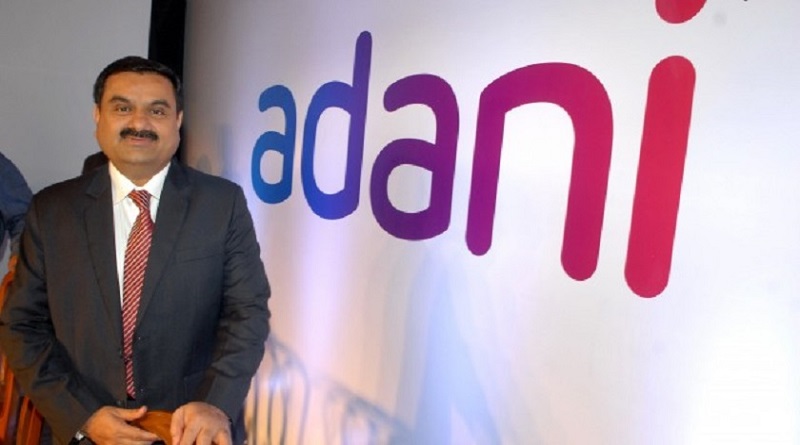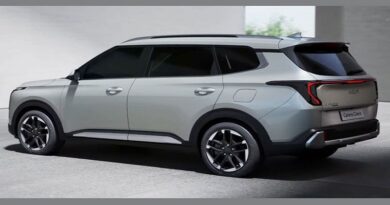Adani’s big step towards pollution-free transportation: India’s first hydrogen truck launched

India’s First Hydrogen Truck: Adani Group’s Initiative
In the face of environmental and energy crises, the need for alternative and clean energy sources has become more pressing. In response, Adani Group has taken a significant step by launching India’s first hydrogen-powered truck. This initiative not only presents a new direction for Indian industries but also serves as a milestone in environmental conservation.
Features of the Hydrogen Truck
Adani Group’s hydrogen truck is deployed in Chhattisgarh’s Gare Pelma III coal block for coal transportation. Key features include:
- Load Capacity: Capable of carrying up to 40 tonnes, making it suitable for heavy freight.
- Range: Offers a 200 km range on a full hydrogen charge, adequate for mining operations.
- Fuel: Operates on hydrogen fuel cell technology, emitting only water vapor and warm air, thus reducing pollution and noise compared to diesel trucks.
- Emission Reduction: Hydrogen fuel cell trucks emit approximately 80% less carbon than diesel trucks, improving air quality.
Working of Hydrogen Fuel Cell Technology
Hydrogen fuel cells generate electricity through an electrochemical process where hydrogen reacts with oxygen. This reaction produces electricity, water vapor, and heat, which powers the vehicle. This technology is more energy-efficient and environmentally friendly compared to traditional internal combustion engines.
Adani Group’s Initiative and Future Direction
Adani Group aims to gradually replace its diesel trucks with hydrogen-powered ones in its logistics operations. This move is part of the company’s strategy to reduce carbon emissions and minimize environmental impact. The initiative also sets an example for other companies looking to adopt clean energy solutions.
Beyond environmental benefits, this project enhances India’s energy security. By reducing dependence on diesel, it decreases foreign oil imports and promotes energy self-reliance. Additionally, the initiative is expected to create employment opportunities, foster technological development, and encourage innovation in the industrial sector.
Adani Group has announced plans to gradually replace its existing diesel trucks with hydrogen-powered trucks in its logistics operations. This transition aims to reduce carbon emissions and minimize environmental impact. The initiative also contributes to India’s energy security by decreasing dependence on diesel, thereby reducing foreign oil imports and enhancing energy self-reliance.
Furthermore, this project is expected to create employment opportunities, foster technological development, and promote innovation in the industrial sector. Adani Group’s collaboration with Indian and international technology companies underscores its commitment to sustainable practices. The deployment of hydrogen fuel cell technology in heavy-duty logistics sets a precedent for other companies to adopt clean energy solutions.
This move aligns with India’s broader goals of achieving net-zero carbon emissions by 2070 and increasing the share of renewable energy in its energy mix. If other companies follow suit, India could emerge as a global leader in clean energy adoption, setting new standards in industrial practices.
Adani Group’s investment in green hydrogen and associated ecosystems reflects a long-term vision for a sustainable future. The success of this initiative could pave the way for similar projects across various sectors, driving the country towards a greener and more sustainable industrial landscape.
Conclusion
The launch of India’s first hydrogen-powered truck by Adani Group marks a significant milestone in the country’s journey towards sustainable industrial practices. This initiative not only addresses environmental concerns by reducing carbon emissions but also contributes to energy security and sets a precedent for clean energy adoption in the industrial sector.
The deployment of this hydrogen truck in Chhattisgarh’s Gare Pelma III Block for coal transportation exemplifies a practical application of green technology in heavy-duty logistics. With a 40-tonne capacity and a 200 km range, the truck operates on hydrogen fuel cells, emitting only water vapor and warm air, thereby minimizing pollution and noise compared to traditional diesel-powered vehicles.






Thanks for another great article. Where else may just anybody get that kind of info in such an ideal manner of writing? I’ve a presentation next week, and I am on the search for such information.